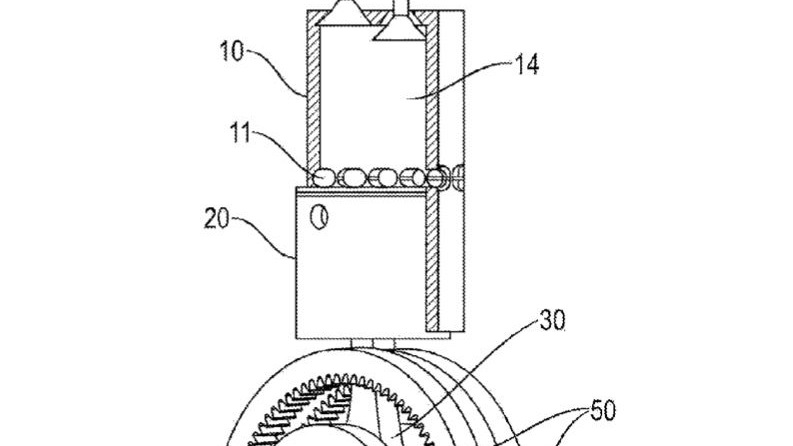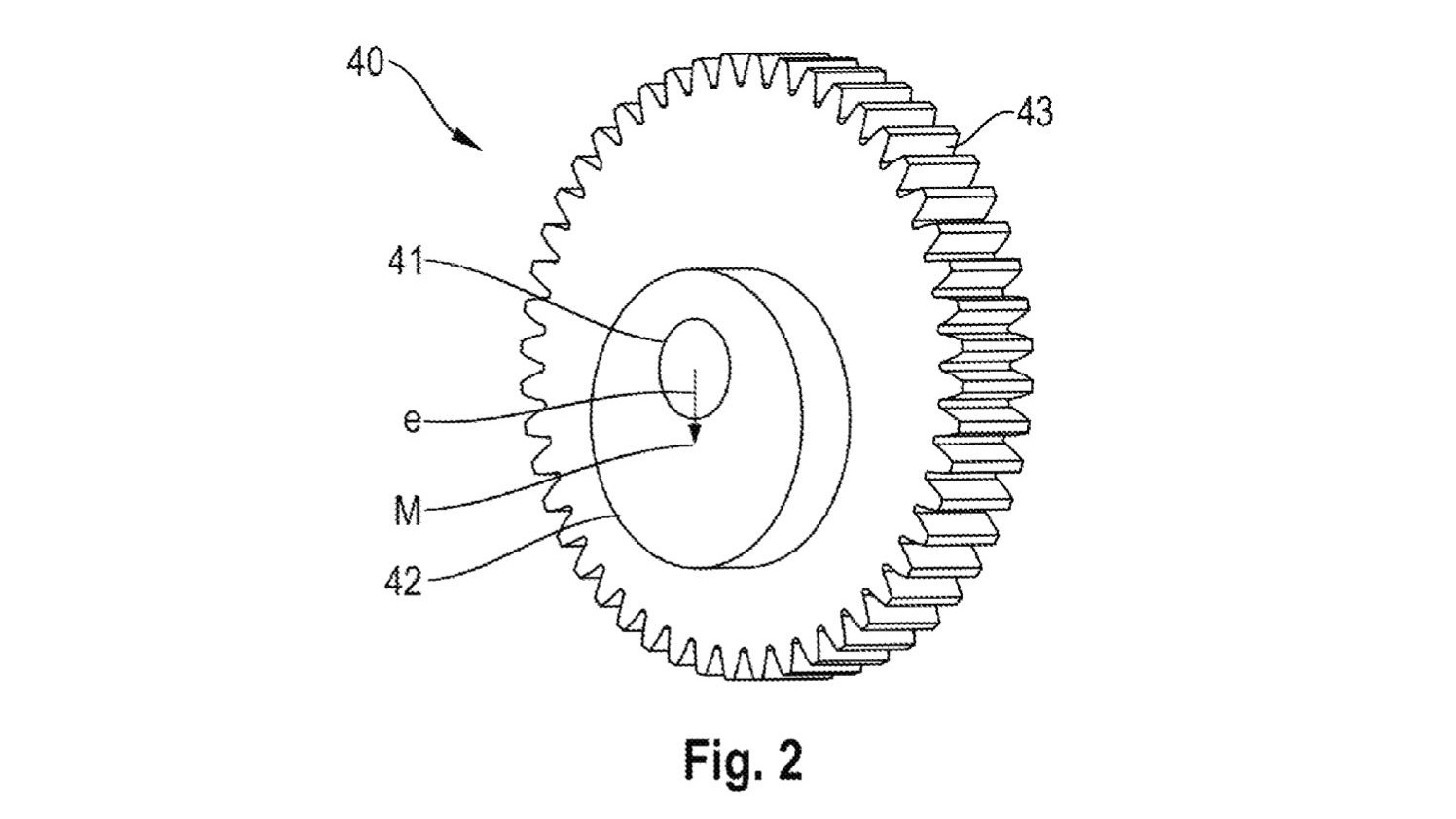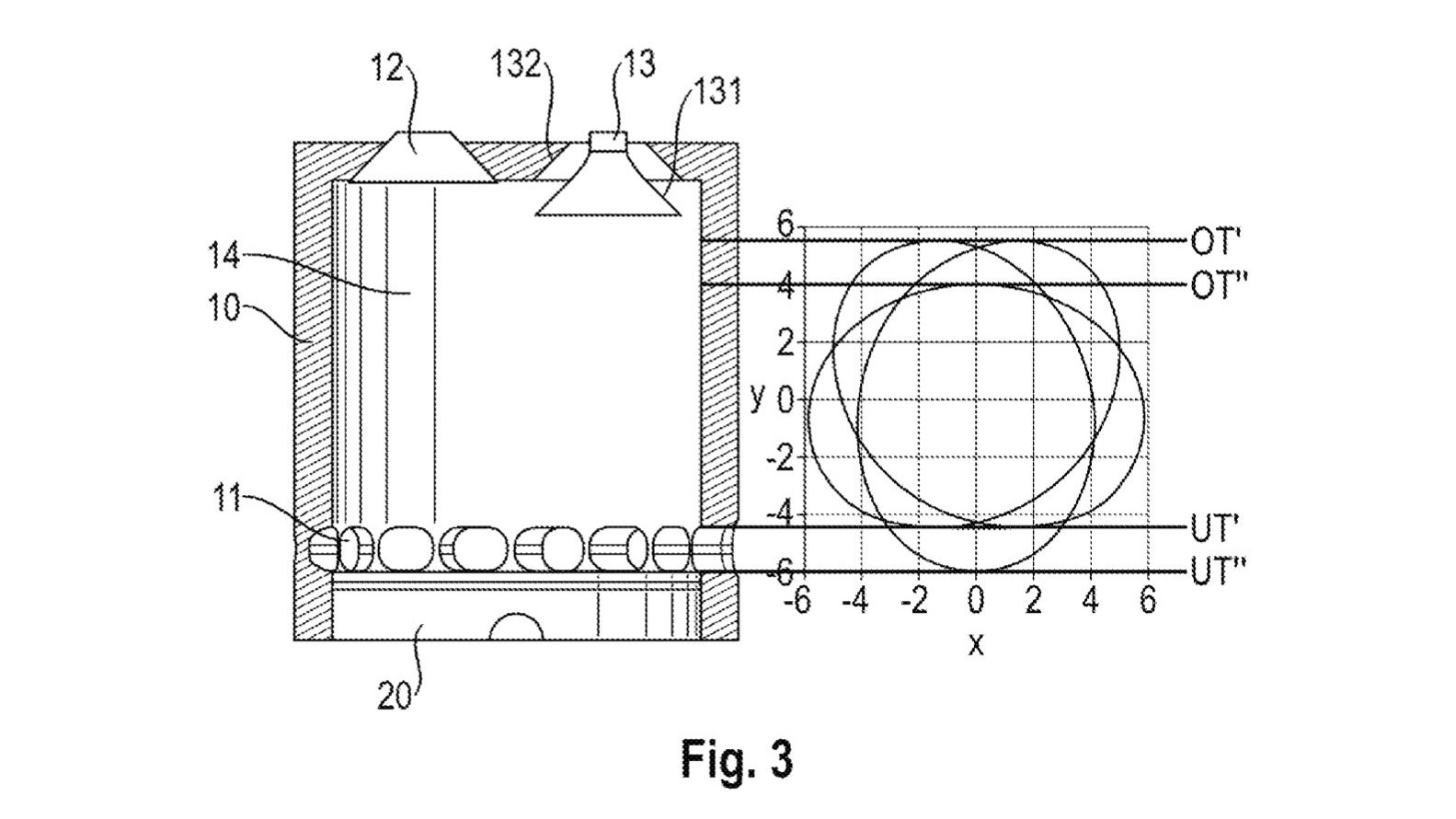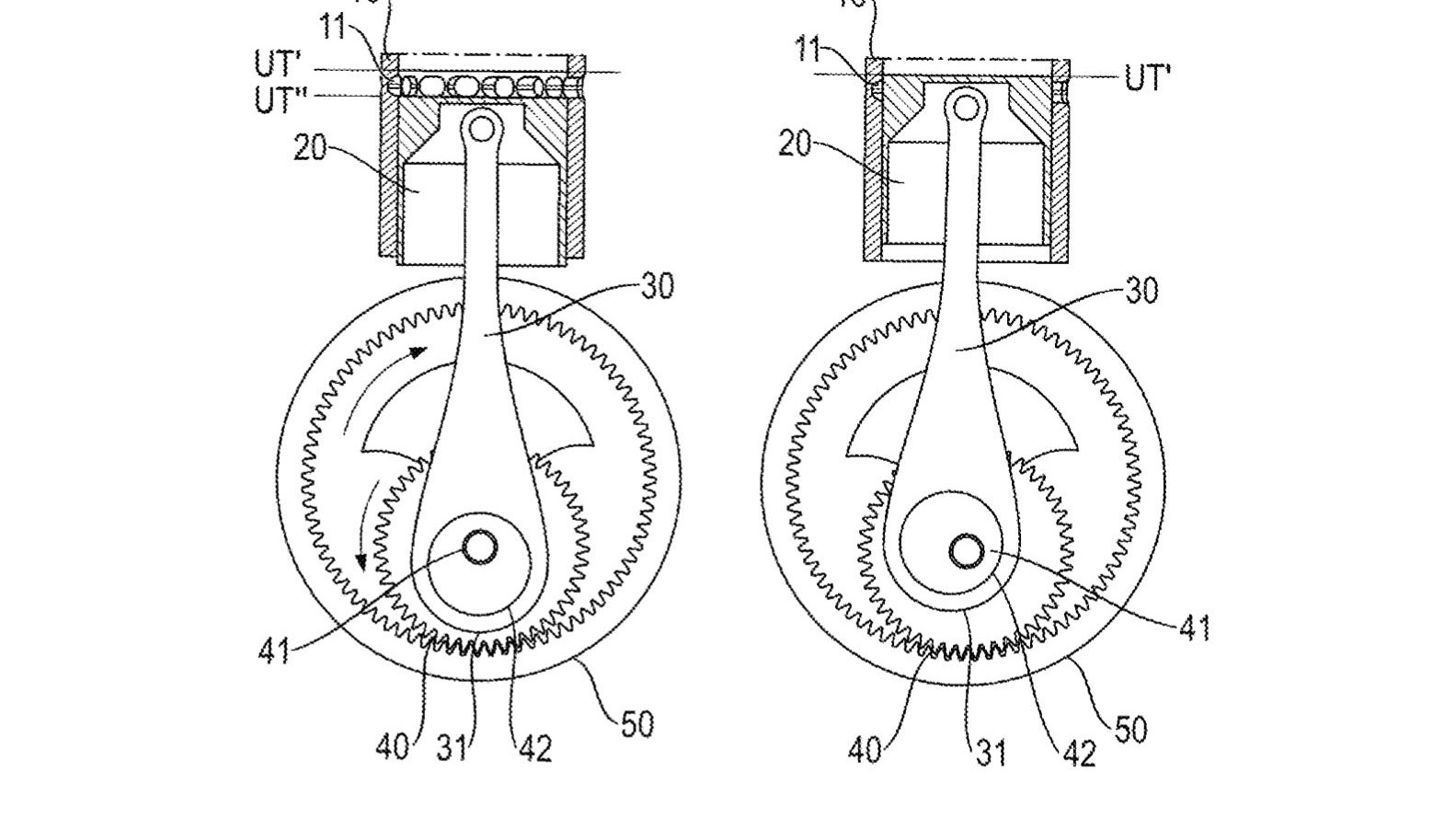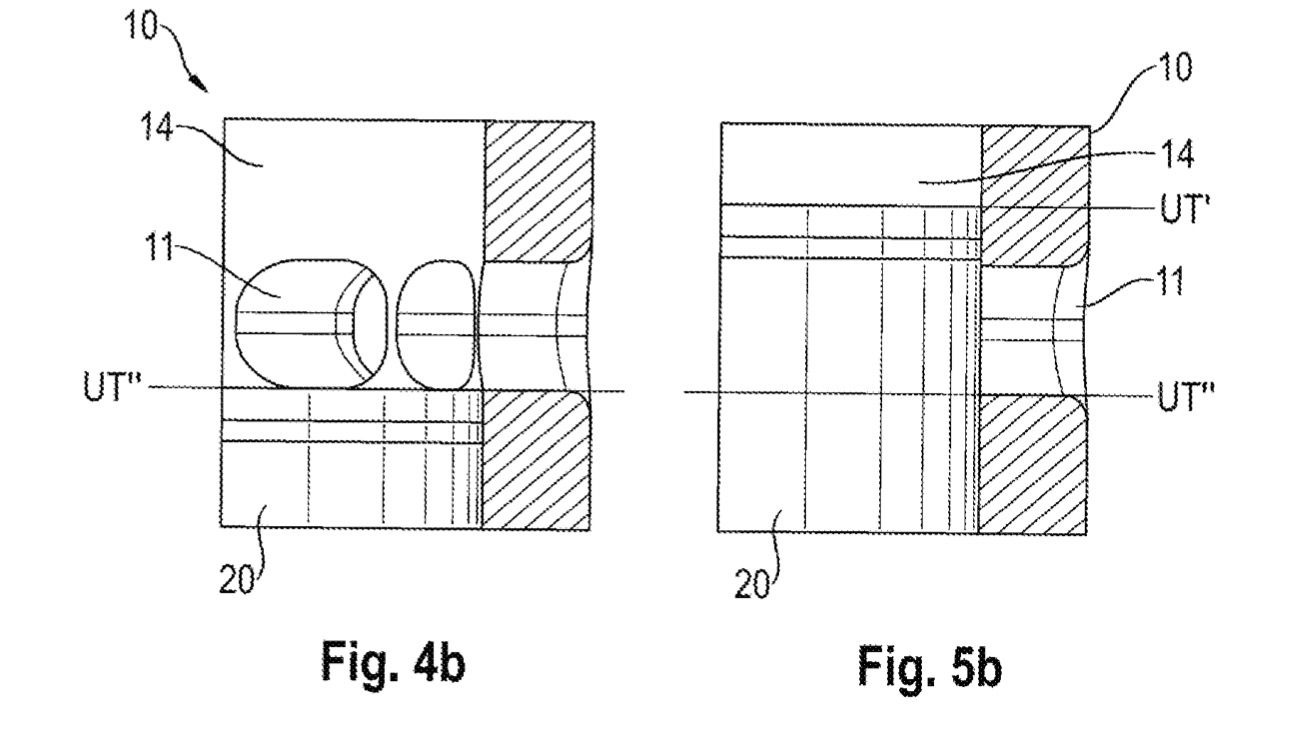- Porsche patented a 6-stroke engine
- Outside of early Saabs, most gas-powered car engines are a 4-stroke
- Porsche's 6-stroke patent seems to indicate it could eke more power out of an engine
Unless you drive an early Saab, your car probably has a 4-stroke engine. But Porsche wants to see if more strokes could be better.
The automaker has filed a patent application titled "Method for a Combustion Machine With Two Times Three Strokes," or six strokes, in other words. First spotted by AutoGuide, the patent was published by the United States Patent and Trademark Office (USPTO) on Sept. 12, after being filed by Porsche in February.
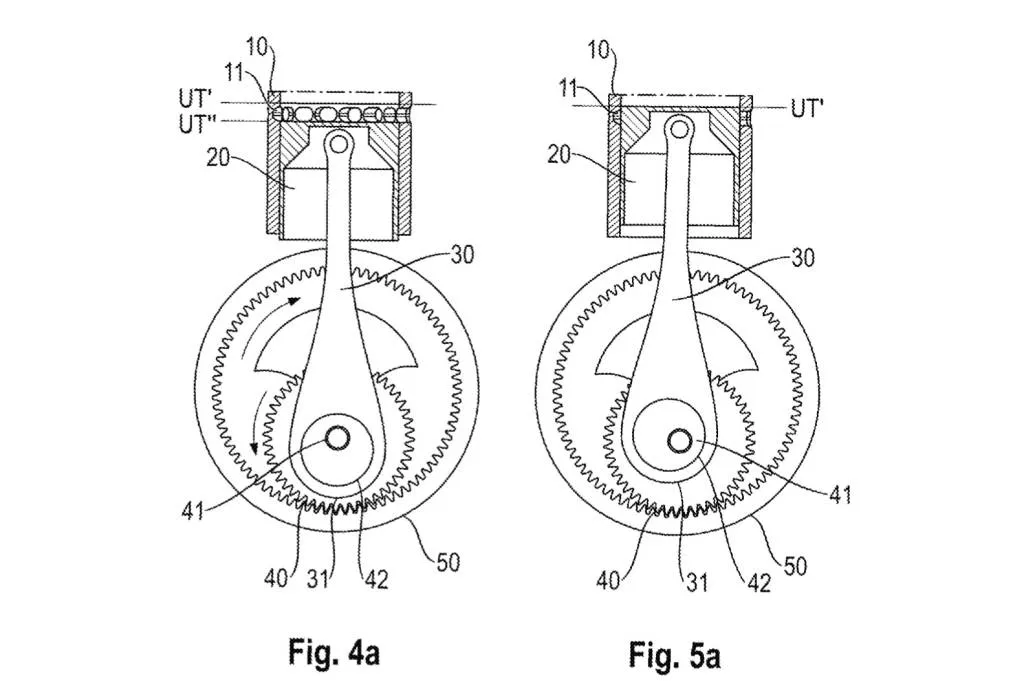
Porsche 6-stroke engine patent image
In this context, "stroke" refers to the up-and-down movement of an engine's piston within the cylinder. A 4-stroke engine requires four of these movements (or two rotations of the crankshaft) to complete a power cycle in which air and fuel are drawn into the combustion chamber, compressed, combusted (also known as the power stroke), and exhausted to turn energy into rotational force. A 2-stroke engine, like in a lawn mower, accomplishes this with half the number of strokes, or just one revolution of the crankshaft.
The engine design described in Porsche's patent filing adds one more compression and power stroke by varying stroke length. This is made possible by a set of eccentric gears that allow the pistons' bottom-dead-center to be deeper for extra strokes. That exposes scavenging ports that allow additional air to be drawn in. After that, more fuel is injected and ignited.
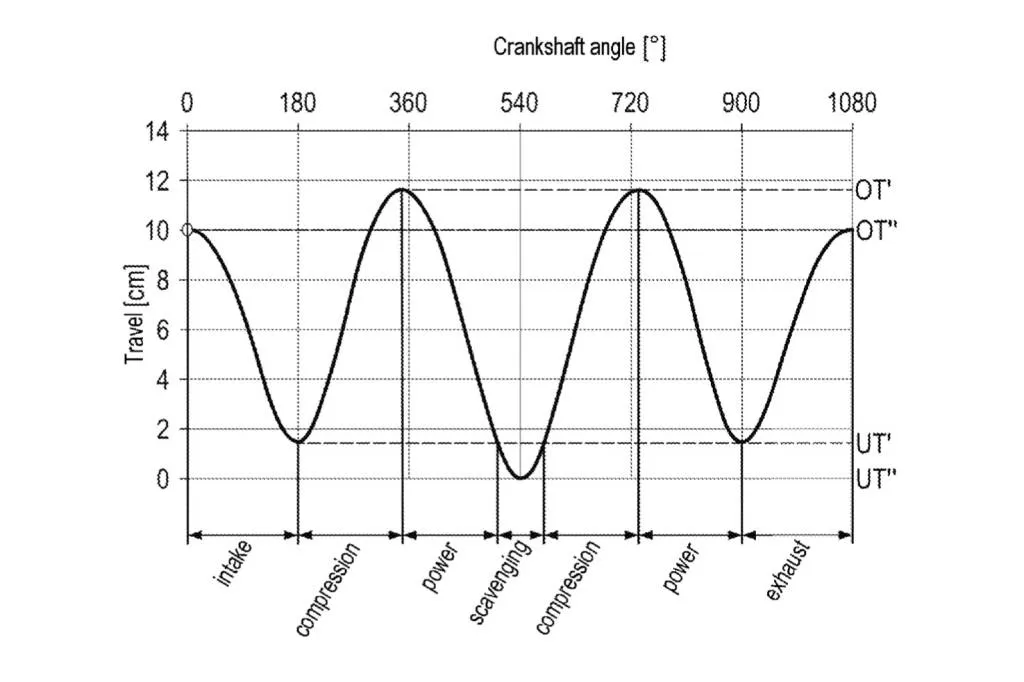
Porsche 6-stroke engine patent image
The goal here seems to be getting more power, as the 6-stroke engine has two power strokes instead of the single power stroke of a 4-stroke engine. That works out to a power stroke every third revolution of the crankshaft, instead of every fourth revolution, as in a 4-stroke engine.
Whether such an arrangement could meet current emissions standards is a big question, meaning that, like many patent filings, this one may never be implemented in production vehicles. But some engine technologies once thought to be too finicky to work in the real world—such as variable compression ratios—have made it to production as automakers seek to further lower emissions. So you never know.
